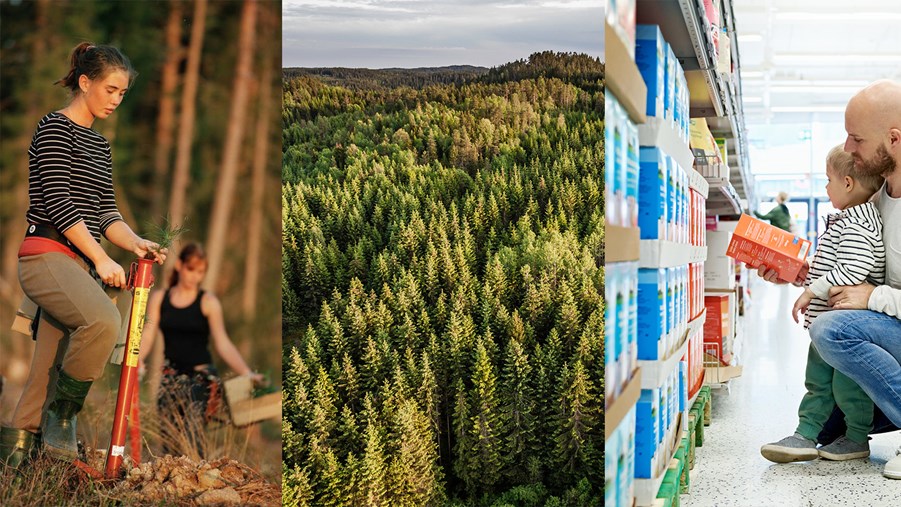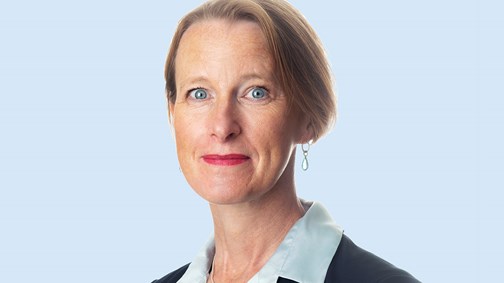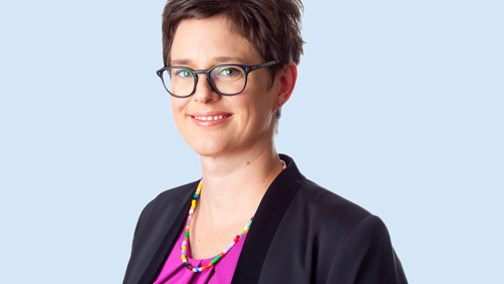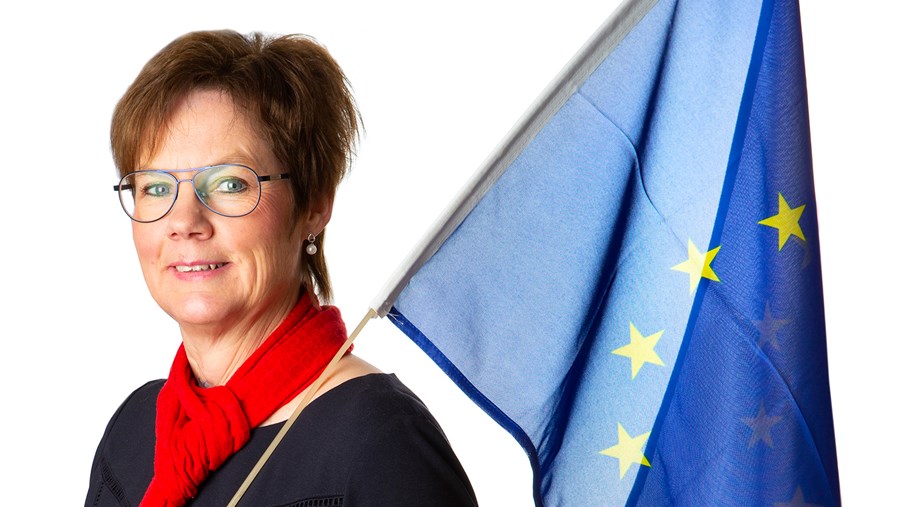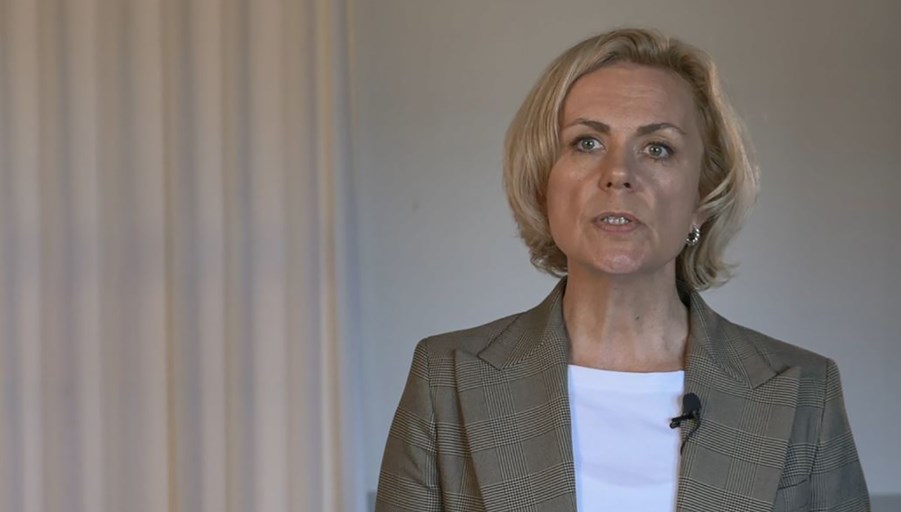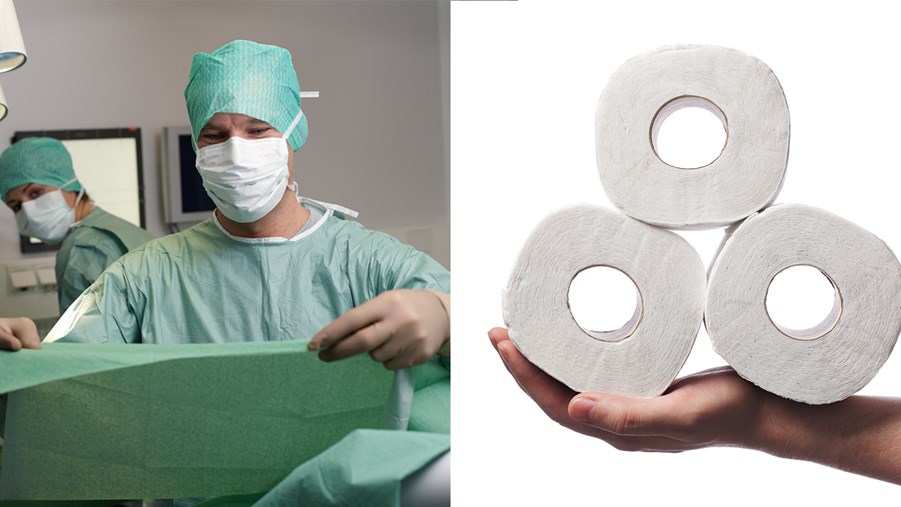
"We appreciate highly the efforts made by the European Commission to keep borders open and goods flowing even during these challenging times", says Carina Håkansson, Director General of the Swedish Forest Industries.
65 percent of the Swedish forest industry's production of pulp, paper and sawn timber is sold on the European Single Market.
"We supply products mainly made from fresh fibers. When these products are recycled, they contribute to a continuous flow of recycled fibers, which is essential for producers of tissue and hygiene products elsewhere in Europe", says Carina Håkansson.
Forest industry products are essential for society
Our society is facing huge challenges right now. During the last couple of weeks, the coronavirus has forced us to rethink much of what we earlier took for granted. During the corona pandemic, it is more important than ever that the European forest industries can continue to supply our society with essential products needed in healthcare and in everyday life. Examples are:
- Hygiene products, such as protective masks, sanitizers, toilet paper, paper towels, diapers and a wide range of disposable products used in the healthcare sector.
- Packaging material to protect and deliver food, medicines, hygiene products etc.
- Bio-based heat and electricity to homes, schools, hospitals and other societal premises.
Keeping transport flowing is crucial
Logistics is greatly affected if borders are closed. This is valid not only for road transport but equally much for sea freights.
"Ports within the EU must stay open to secure well-functioning trade flows and logistics. Despite private individuals not travelling with ferry lines now due to restrictions, the ferries still need to run, as they are important for transport of goods. For the Nordic forest industry, sea freight is absolutely crucial", says Karolina Boholm, Director Transport Policy, Swedish Forest Industries.
Container sea freight to Asia has been negatively affected for weeks with longer delivery times, fewer sailings and higher costs. Scarcity of empty containers in Europe is also an issue, as containers have been held up in Asia. It is therefore important that vessels from Asia can arrive in European ports and this requires that non-EU Member State crews can be exempted form travelling restrictions and enter the EU.
Concerning road transport, Karolina Boholm stresses that border crossings must be kept open for all drivers independently of nationality as wells as for trucks which have been in quarantined zones:
"Green lanes, i.e. the European Commissions Guidelines for border management measures to protect health and ensure the availability of goods and essential services, is a very important and timely effort, which so far seems to have achieved the intended results".
According to Karolina Boholm, rail transport within Sweden and to continental Europe is presently working better than normal, most likely due to less congestion and interferences.
The forest industry needs its employees
Unlike most other parts of Europe, the Swedish pre-schools and elementary schools are still open for children not showing any symptoms of the coronavirus. The Swedish Forest Industries is clearly supporting the Swedish government on this policy decision.
"If our members are to continue to produce materials much needed at the moment, both in Europe and elsewhere in the world, schools need to stay open. If parents are forced to stay at home to take care of their healthy children, our operations will soon have to stop", says Carina Håkansson.
The spread of the coronavirus can of course result in the Swedish government having to reconsider its present position on school closures. If this was to happen, the Swedish Forest Industry urges the government to take geographical considerations.
"At the moment, the spread of the coronavirus is at its greatest in the metropolitan parts of Sweden. This is not where our members have their operations. Instead we are spread all over the country, mainly in rural areas, where the coronavirus so far is less widespread", concludes Carina Håkansson.
